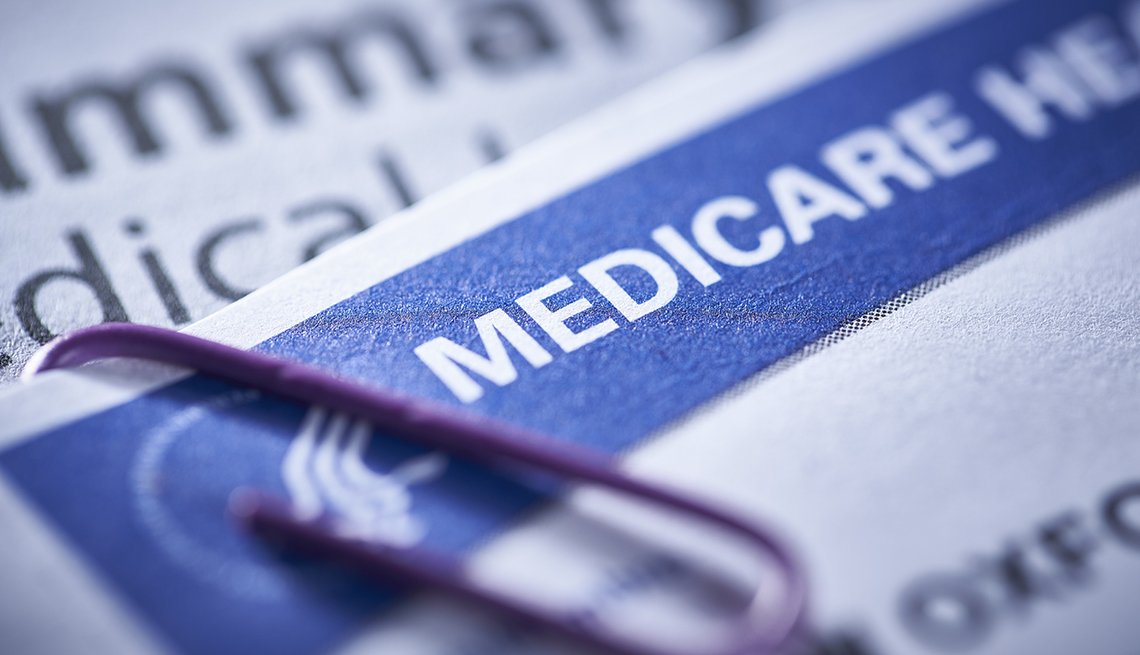6 Things Medicare Won’t Cover
6 Things Medicare Won’t Cover
By: Stacey Nickens
Facing unexpected medical costs in retirement can be a significant financial challenge. With that in mind, it’s important to understand the procedures and services that aren’t covered by Medicare Part A or Part B. Part A is hospital insurance that covers impatient stays at hospitals and skilled nursing facilities, surgeries, and hospice care. Part B is medical insurance that covers doctors’ visits, outpatient care, certain preventative services, and some medical equipment. However, these two plans still leave coverage gaps, and it’s important to understand the policies and strategies that can cover those gaps.
Medicare will not cover prescription drugs. You could buy a separate Part D policy in order to obtain such coverage. You could also enroll in a Medicare Advantage plan to cover both of your medical and drug costs. You can enroll in a Part D or Advantage plan when you sign up for Medicare, when you lose other drug insurance, or when you change policies. You can use the Medicare Plan Finder to compare the drug costs under Part D or a Medicare Advantage plan.
Medicare will not cover long-term care. While Medicare does cover some skilled nursing services, Part A and B do not cover custodial care. Custodial care could include bathing, dressing, and other daily activities. You can look into long-term-care insurance to ensure these costs are covered. You can also look into long-term-care and life insurance bundles.
Medicare will not cover deductibles and co-pays. In 2021, Part A coverage does not kick in until you hit your $1,484 deductible. Additionally, hospital stays are only fully covered up to a 60-day stay. You will need to pay $371 per day for days 61-90 in a hospital and $742 per day after that. Once you have reached the 90-day hospital limit, Medicare will only cover 60 more “lifetime reserve days.” After that, you must pay the entire hospital bill on your own.
Part B covers 80% of doctors’ services, lab tests, and x-rays. You must pay 20% of those costs after you hit the $203 deductible in 2021. You could enroll in a Medigap (Medicare supplement) policy to provide for this coverage. Medigap policies are private policies that come in 10 standardized versions. As long as you buy a Medigap policy within six months of enrolling in Medicare Part B, insurers are not allowed to reject you or charge extra due to preexisting conditions. Visit Choosing a Medigap Policy for more information on this type of insurance. Additionally, Medicare Advantage plans, offered through a private insurer, could cover certain of the above costs not covered by Medicare.
Medicare doesn’t cover dental care. While certain Medicare Advantage plans will cover basic cleanings and x-rays, these plans still tend to have an annual coverage gap of $1,500. You could look into separate dental insurance or a dental discount plan. You could also save funds in a Health Savings Account (HSA) to cover dental work in retirement. However, you must do so in advance, because you cannot contribute to an HSA once you have signed up for Medicare. If you build up savings in an HSA, you can spend your savings tax-free on medical and dental needs.
Medicare will not cover routine vision care. Medicare will only cover an annual eye exam if you have diabetes or cover glasses if you need a certain kind of cataract surgery. You could look into a Medicare Advantage plan for this coverage or you could consider a separate supplemental policy. HSA savings could also be used for this purpose.
Finally, Medicare will not cover hearing exams or aids. As with your vision and dental needs, you can cover your hearing needs through a Medicare Advantage plan or with HSA funds.
You can always visit Medicare.gov/coverage to learn more about your plan’s benefits. As always, reach out to Elm3 if you need any assistance with financial planning for your healthcare needs in retirement.







